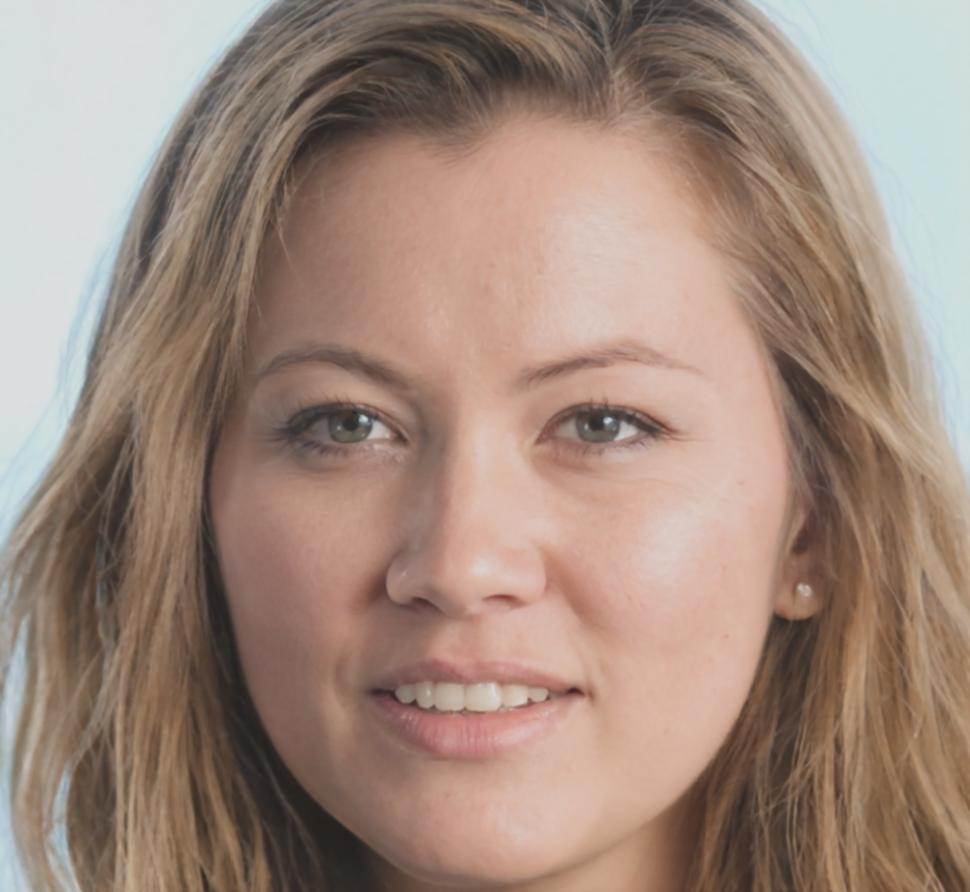Most People Don't Need Fancy Software
They need someone to sit down and explain how money actually moves
through their life. That's what we figured out after teaching our
first few groups.
Our approach came from watching what worked in real kitchens and
living rooms across regional NSW. People would bring their actual
bills, their phone would buzz with payment notifications during
sessions, and we'd work through it all together.
By mid-2020, we had taught about forty people. Some were tradies
who wanted to save for equipment. Others were young families trying
to understand childcare costs. A few were recent immigrants who found
Australian banking completely baffling.
What they all had in common was this: once someone showed them the
patterns in their own spending, they could make better choices. Not
perfect choices. Just better ones.


